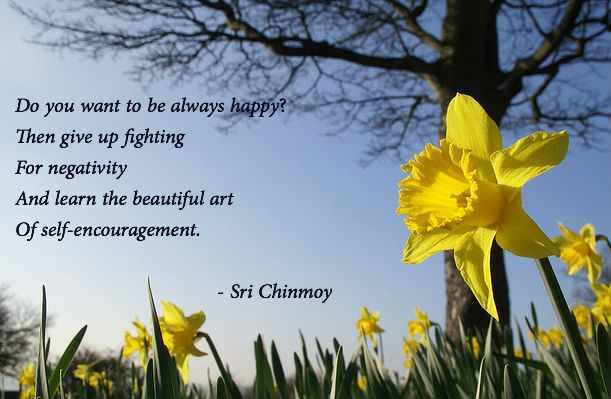
Shaker Barn
"Heaven on Earth: Shaker Aesthetic Philosophy" by Sumangali Morhall
"Hands to work and hearts to God" so the Shaker work ethic went. The term ‘Shaker’ is best known as a style of furniture, but how did it evolve? Where did the Shakers come from, and why did they start to disappear after 100 years?
In modern Europe and America, craftspeople are still reviving not just the Shaker style, but in some cases the Shaker dedication to integrity. A form of aesthetic Chinese Whispers has inevitably crept in over the years, and one may now even buy such anomalies as Shaker jewellery boxes. The simple and beautiful style can arguably be applied to anything, but the philosophy behind the style makes it all the more interesting as an art form.
The first Shakers came from Manchester, England, in the late 18th Century. They began as a small group of Quakers, but developed their own doctrines, based largely on a strong sense of community and self-sufficiency. Community tasks were clearly defined and rotated so that anyone could be replaced on any job if unable to work on a particular day. The day started early and ended late, and was punctuated by regular prayer sessions.

Shaker Hat
Purity?inner and outer?was a cornerstone of Shaker life. They led celibate lives, men and women living in separate quarters, entering buildings through separate doors, and sitting in separate areas of communal buildings. They created an almost completely egalitarian society, where work, respect and authority were divided fairly between men and women. This led to an interesting approach to beauty. Their way of dress was modest and simple so as not to attract attention from the opposite sex. They wore no adornment or pattern (certainly no jewellery), and although they stopped short of uniforms as such, their clothing was almost devoid of individuality.
So beauty was not sought in human form. Even objects, although fastidiously designed for human use, were not visually based on human features. Clock faces are no longer faces when they house maintenance knobs. Their bodies are no longer bodies when their shoulders and waist are replaced by straight lines. Symmetry itself though was seen as human narcissism, if asymmetry made for a more practical object.
Shaker perfection was in the ultimate usability of the object, but also in the process of its creation. "Do your work as though you had a thousand years to live and as if you were to die tomorrow" so they used to say. Work was an intrinsic part of their spiritual lives, thus its integrity was part of its appeal.
And they knew it had appeal. Commercial value was important to the Shakers’ survival. They did a roaring trade in such lines as vegetable seeds, fabric and leather, as well as furniture. The circular saw, the flat broom and the clothes peg are all Shaker inventions. The Shaker name became a household brand, synonymous with quality.
"Trifles make perfection, but perfection is no trifle." On the face of it this Shaker maxim seems to contradict itself, or hint at an underlying frivolity, but in fact it reveals a deeper understanding of their motivations. As The New Yorker’s Adam Gopnik observes in "The Shining Tree of Life":
"The urge to make consumer goods is, after all, one of the keenest spiritual disciplines that an ascetic can face: it forces spirit to take form. An ascetic drinking tea from a cup decides not to care what kind of cup he’s drinking from; an ascetic forced to make a cup has to ask what kind of cup he ought to drink from."
Their dedication to perfection and to work was not only of benefit to themselves and their customers, but unfortunately left them open to abuse. However, as their practicality reached all aspects of life, the Shakers took it all in their stride. The homeless would sometimes come to them in winter, apparently wishing to convert to their branch of Christianity, only to leave in the spring with full bellies and warm clothes. The same would return and be accepted again the following year. Bountiful vegetable patches would fall prey to thieves. The Shaker solution? To plant extra so the thieves may eat well too.
The demise of the Shaker community came not from such abuse, but largely from the rise in mass production. The market for homespun fabrics, hand-picked vegetables and passionately hand-crafted wood diminished, and with it the Shaker population. The Shaker style’s popularity has survived though, and perhaps some still hold dear the Shaker spiritual work ethic, which can really be applied to anything (including jewellery boxes).
Seventy-Seven Thousand Service-Trees 18326
Author:
Sumangali Morhall has been a member of the Sri Chinmoy Meditation Centre for ten years. She enjoys discovering links between spirituality and art. She also edits Sumangali.org, dedicated to the spirit of serendipity.





